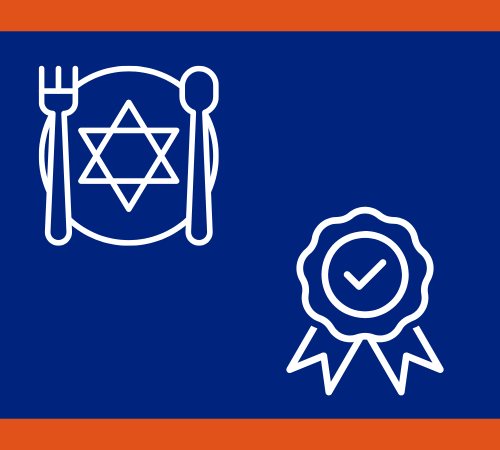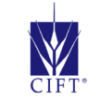
On July 8, CIFT welcomed Rabbi Josh Finegold, Administrator of Buckeye Kosher, for an honest and practical conversation demystifying kosher certification for food manufacturers and processors. If you missed the webinar or had trouble accessing the recording due to our technical hiccups, we’ve put together a recap of the key insights to guide your exploration of kosher certification.
What Kosher Really Means—And Why It’s More Than Ingredients
Rabbi Finegold began by clarifying that “kosher” simply means “fit” or “allowed” according to Jewish dietary law. But in the food processing world, being kosher isn’t just about what goes into a product—it’s also about how it’s made. Equipment compatibility, production methods, and even steam line layouts can impact whether a product qualifies.
The Certification Process: Structured, But Not Overwhelming
Kosher certification begins with an application and ingredient review, followed by an onsite inspection. Facilities don’t have to be entirely kosher—certification can apply to specific lines or products. For many companies, the process is less daunting than expected. Buckeye Kosher’s goal is to make it approachable, collaborative, and cost-aligned to business needs.
Common Pitfalls and Misconceptions
Even seemingly simple products like canned fruit can run into kosher complications due to added ingredients like grape juice (a highly sensitive kosher ingredient), carmine (derived from insects), or the use of non-kosher canning equipment. Understanding where these risks lie is essential for any company considering certification.
Certification as a Strategic Move, Not Just a Symbol
For some companies, certification opens new markets or satisfies a specific buyer’s requirement. For others, it’s about gaining trust through third-party validation. While kosher consumers represent a relatively small segment, the certification is often seen as a marker of quality and transparency. It can also be an advantage in distributor or export conversations where buyers are checking boxes for kosher, gluten-free, organic, and other claims.
Cost Considerations
Rabbi Finegold shared typical pricing for certification from national and international agencies. Depending on the complexity, costs can range from around $2,000 to over $8,000. Buckeye Kosher, as a regional agency, can offer certification in certain situations for less than $2,000. Additionally, there is often flexibility in pricing arrangements, especially for small companies.
Bottom Line: Is It Right for You?
Kosher certification isn’t a silver bullet for growth, but it can be the right move—especially if you’re working with certain distributors, targeting specific markets, or aiming to meet the needs of a key customer. As Rabbi Finegold noted, “It’s probably less complicated than you think. And if it were too hard, the market wouldn’t have grown to where it is today.”
Want to Learn More?
If you’re interested in exploring kosher certification for your operation, our team can help you assess the opportunity and connect you with the right resources.

